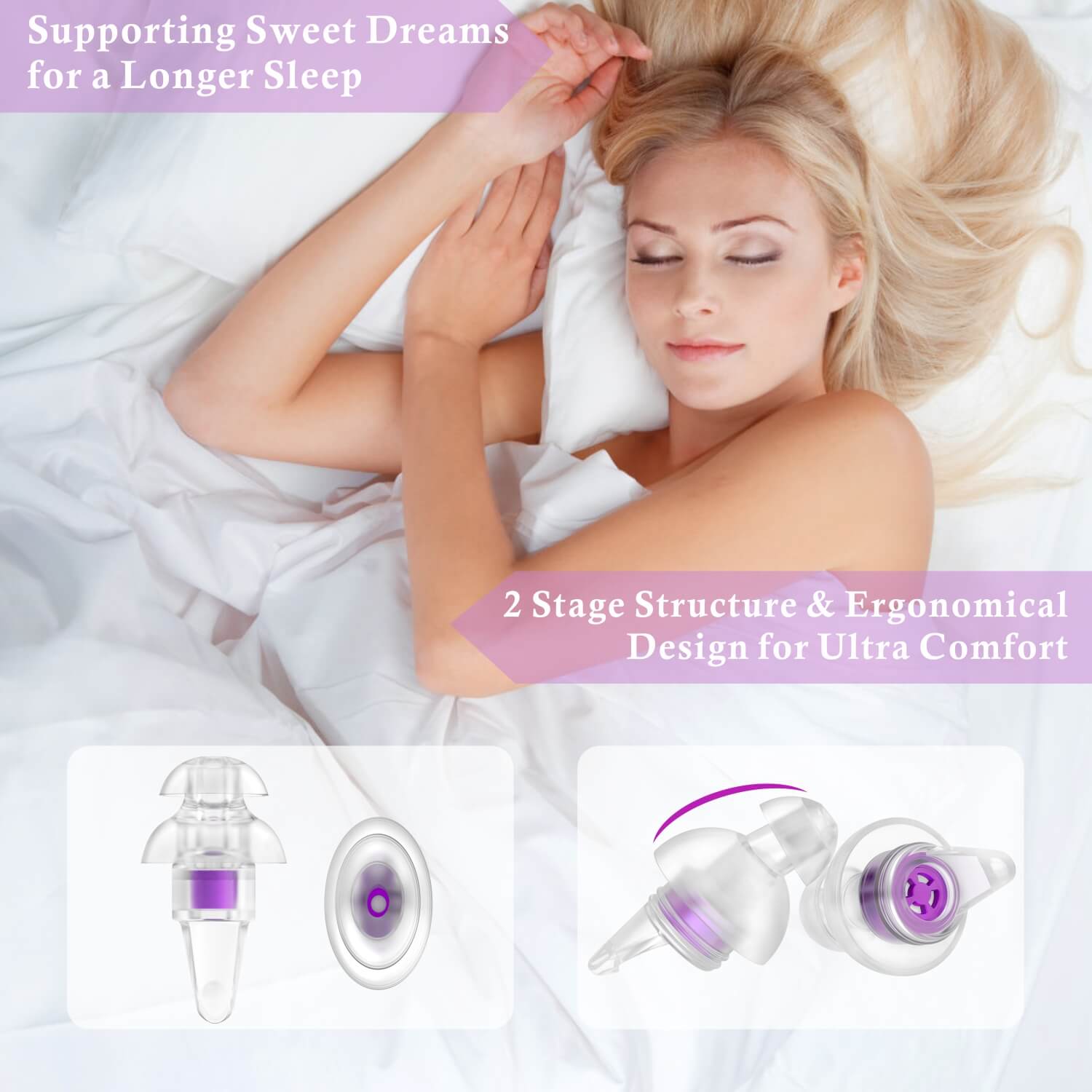When it comes to getting a good night's sleep, finding the perfect ear plugs can make all the difference. Whether you're a light sleeper, live in a noisy environment, or simply want to block out unwanted sounds, choosing the right sleeping ear plugs is essential for undisturbed rest.
Finding the Right Fit
One of the most important factors to consider when choosing sleeping ear plugs is finding the right fit. The ear plugs should fit comfortably in your ears without causing any pain or discomfort. There are different types of ear plugs available, including foam, silicone, and wax, each offering a different level of comfort and fit. It's important to try out different types to see which one works best for you.
For those with smaller ear canals, foam ear plugs may be the best option as they can easily conform to the shape of the ear. On the other hand, silicone ear plugs are reusable and can provide a more custom fit. Wax ear plugs are also a great option for those looking for a moldable and comfortable fit.
Consider Noise Reduction Rating (NRR)
Another important factor to consider when choosing sleeping ear plugs is the Noise Reduction Rating (NRR). The NRR indicates the level of noise reduction provided by the ear plugs in decibels. The higher the NRR, the more effective the ear plugs are at blocking out noise.
For those living in a noisy environment or dealing with loud snoring, ear plugs with a higher NRR may be more suitable. However, it's important to find a balance, as ear plugs with a very high NRR may also block out important sounds such as alarms or emergency notifications.
Material and Comfort
The material of the ear plugs plays a significant role in both comfort and effectiveness. Foam ear plugs are known for their softness and comfort, making them a popular choice for many. Silicone ear plugs are also comfortable and can be reused, making them a more sustainable option. Wax ear plugs, while not as common, are known for their moldable and comfortable fit.
It's important to consider any allergies or sensitivities you may have to certain materials when choosing ear plugs. Some individuals may be sensitive to silicone or latex, so it's crucial to opt for hypoallergenic options if needed.
Usage and Maintenance
When choosing sleeping ear plugs, it's essential to consider how you plan to use and maintain them. If you travel frequently, disposable ear plugs may be more convenient, while reusable ear plugs are a more sustainable option for daily use.
Proper maintenance is also crucial for the longevity and effectiveness of the ear plugs. Reusable ear plugs should be cleaned regularly according to the manufacturer's instructions to prevent the buildup of bacteria and dirt.
Ultimately, finding the perfect sleeping ear plugs for undisturbed rest is a personal journey. It may require some trial and error to find the right fit, material, and level of noise reduction that works best for you. By considering factors such as fit, NRR, material, and usage, you can make an informed decision and enjoy a peaceful night's sleep.
